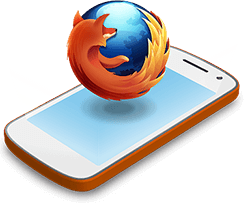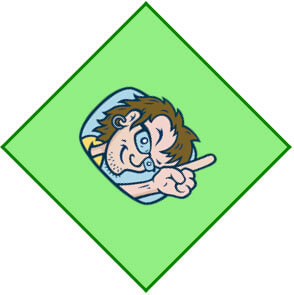One of the HTML elements that frequently comes into collision with CSS is the img element. As we learned in Request Metrics’ Fixing Cumulative Layout Shift Problems on DavidWalshBlog article, providing image dimensions within the image tag will help to improve your website’s score. But in a world where responsive design is king, we need CSS and HTML to work together.
Most responsive design style adjustments are done via max-width values, but when you provide a height value to your image, you can get a distorted image. The goal should always be a display images in relative dimensions. So how do we ensure the height attribute doesn’t conflict with max-width values?
The answer is as easy as height: auto!
/* assuming any media query */
img {
/* Ensure the image doesn't go offscreen */
max-width: 500px;
/* Ensure the image height is responsive regardless of HTML attribute */
height: auto;
}
The dance to please users and search engines is always a fun balance. CSS and HTML were never meant to conflict but in some cases they do. Use this code to optimize for both users and search engines!

6 Things You Didn’t Know About Firefox OS
Firefox OS is all over the tech news and for good reason: Mozilla’s finally given web developers the platform that they need to create apps the way they’ve been creating them for years — with CSS, HTML, and JavaScript. Firefox OS has been rapidly improving…

Conquering Impostor Syndrome
Two years ago I documented my struggles with Imposter Syndrome and the response was immense. I received messages of support and commiseration from new web developers, veteran engineers, and even persons of all experience levels in other professions. I’ve even caught myself reading the post…
Source link


